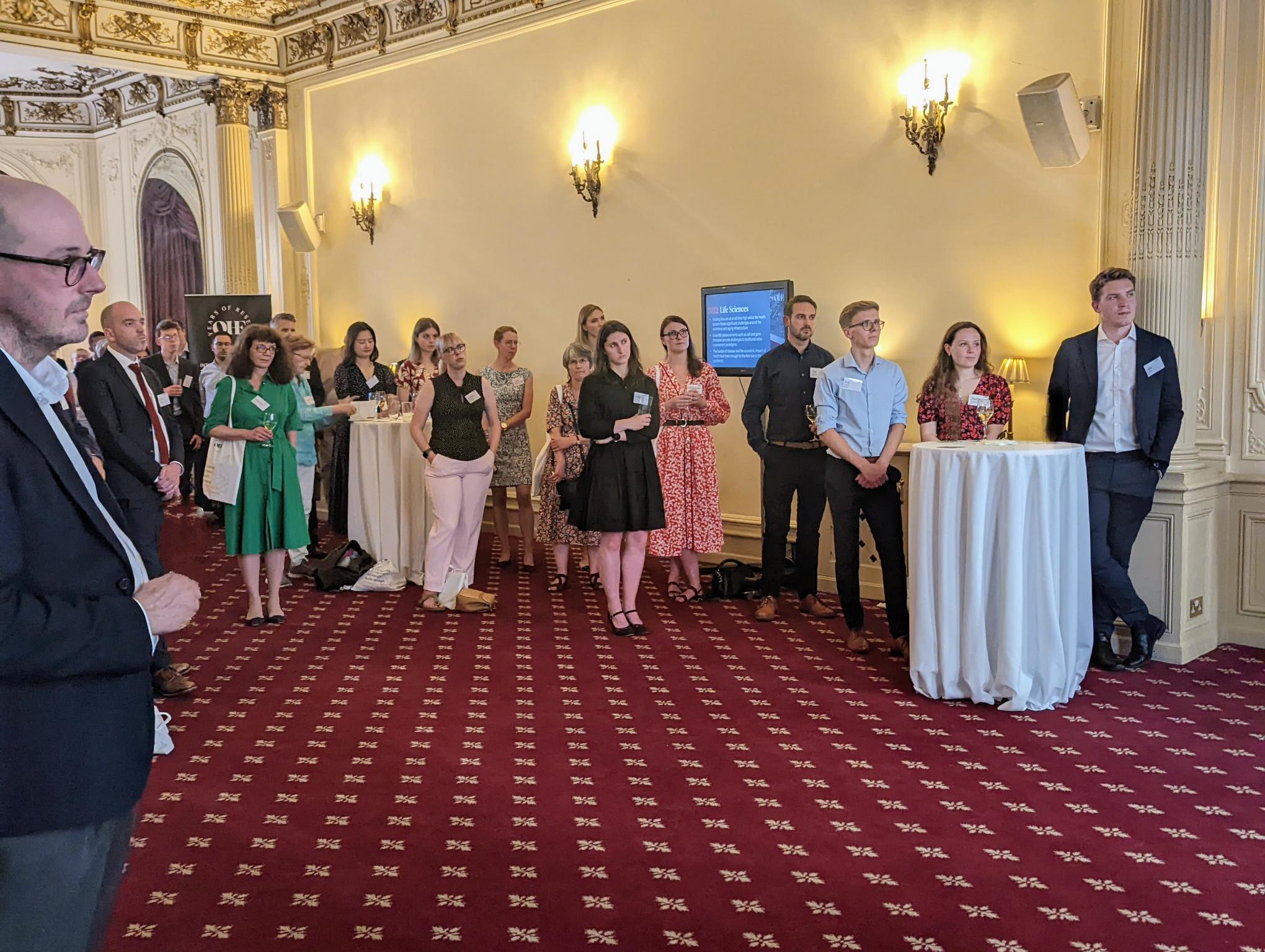Sign up to our newsletter Subscribe
Challenges and Solutions for Budget Impact Analysis of Gene Therapies

Sign up to our newsletter Subscribe

OHE Lunchtime Seminar with Anirban Basu, 24th July 2019. The seminar will examine conceptual and theoretic arguments for use of HYT and illustrate their performance. OHE Lunchtime Seminar with Anirban Basu on ‘Health Years in Total (HYT): A New Health…
OHE Lunchtime Seminar with Anirban Basu, 24th July 2019. The seminar will examine conceptual and theoretic arguments for use of HYT and illustrate their performance.
OHE Lunchtime Seminar with Anirban Basu on ‘Health Years in Total (HYT): A New Health Objective Function for Cost-effectiveness Analysis’. To be held on 24 July 2019 from 12 p.m. to 2 p.m.
The standard effectiveness measure in cost-effectiveness (CEA) or cost-utility analysis is the quality-adjusted life year (QALY). QALYs attempt to capture both life expectancy and health-related quality of life impacts to enable comparisons across interventions and disease areas. However, distributional issues generated by the use of QALYs present a critical challenge that has resulted in the exclusion of its use in some US public decision making on health care (e.g. Medicare). Alternatives to the QALY (such as Equal Value of Life, EVL) have not gained traction as their use raises other efficiency issues. For example, EVL fails to recognise quality of life gains during added years of life.
Anirban will present a new metric for effectiveness for CEA, Health Years in Total (HYT), that overcomes both the distributional issues raised by QALYs and the efficiency challenges of EVL. The HYT framework fundamentally separates life-expectancy changes and quality of life changes in an additive scale. The seminar will examine conceptual and theoretic arguments for use of HYT and illustrate their performance against QALYs and EVL. Methods to calculate HYT in a CEA model, to derive CEA thresholds for HYT corresponding to the QALY-based thresholds in the US and policy implications for the use of HYT using recently published technology evaluations will also be presented.
Anirban Basu, PhD, MS, is a health economist and a statistician specialising in research on comparative and cost-effectiveness analyses, causal inference methods, programme evaluation, and outcomes research. Anirban is Director of The Comparative Health Outcomes, Policy, and Economics (CHOICE) Institute at the University of Washington, Seattle, with appointments in the departments of Pharmacy, Health Services, and Economics at the university. He is a Faculty Research Fellow at the National Bureau of Economic Research, and a Fellow of the American Statistical Association. He was one of the panellists for the Second Panel on Cost-Effectiveness Analysis in Health and Medicine. Anirban’s research interests include heterogeneity in clinical and economic outcomes, micro behaviour with respect to heterogeneous information, and the value of individualised care. He received his PhD in Public Policy (Health Economics Specialization) from The University of Chicago and an MS in Biostatistics from the University of North Carolina at Chapel Hill.
The seminar will be held in the Sir Alexander Fleming Room, Southside, 7th Floor, 105 Victoria Street, London SW1E 6QT. A buffet lunch will be available from 12 p.m. The seminar will start promptly at 12:30 p.m. and finish promptly at 2 p.m.
Click here to view the full invite.
If you would like to attend this seminar, please send an email to ohegeneral@ohe.org to secure your place.
An error has occurred, please try again later.
This website uses cookies so that we can provide you with the best user experience possible. Cookie information is stored in your browser and performs functions such as recognising you when you return to our website and helping our team to understand which sections of the website you find most interesting and useful.
Strictly Necessary Cookie should be enabled at all times so that we can save your preferences for cookie settings.
If you disable this cookie, we will not be able to save your preferences. This means that every time you visit this website you will need to enable or disable cookies again.
This website uses Google Analytics to collect anonymous information such as the number of visitors to the site, and the most popular pages.
Keeping this cookie enabled helps us to improve our website.
Please enable Strictly Necessary Cookies first so that we can save your preferences!
